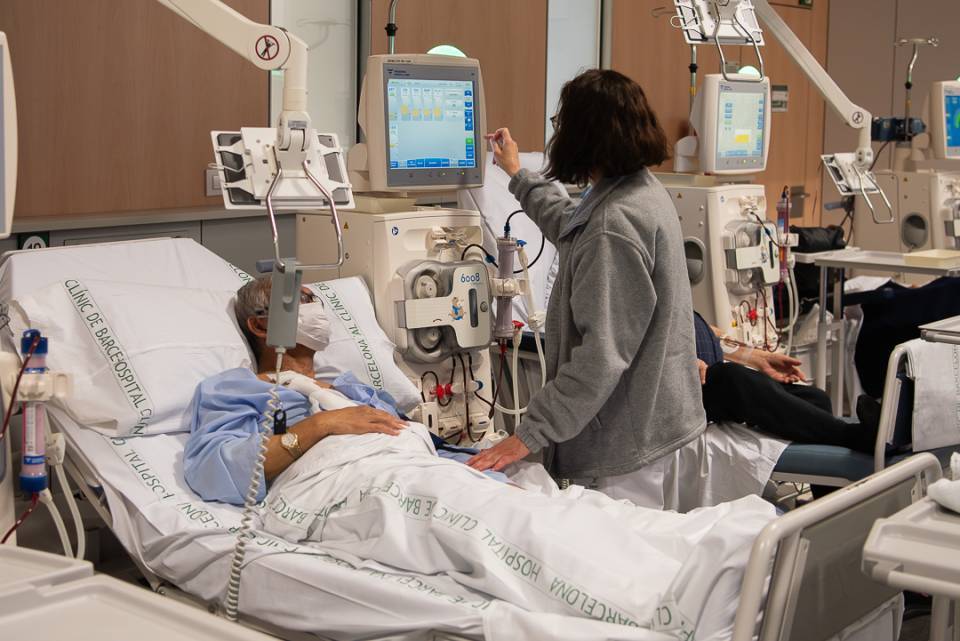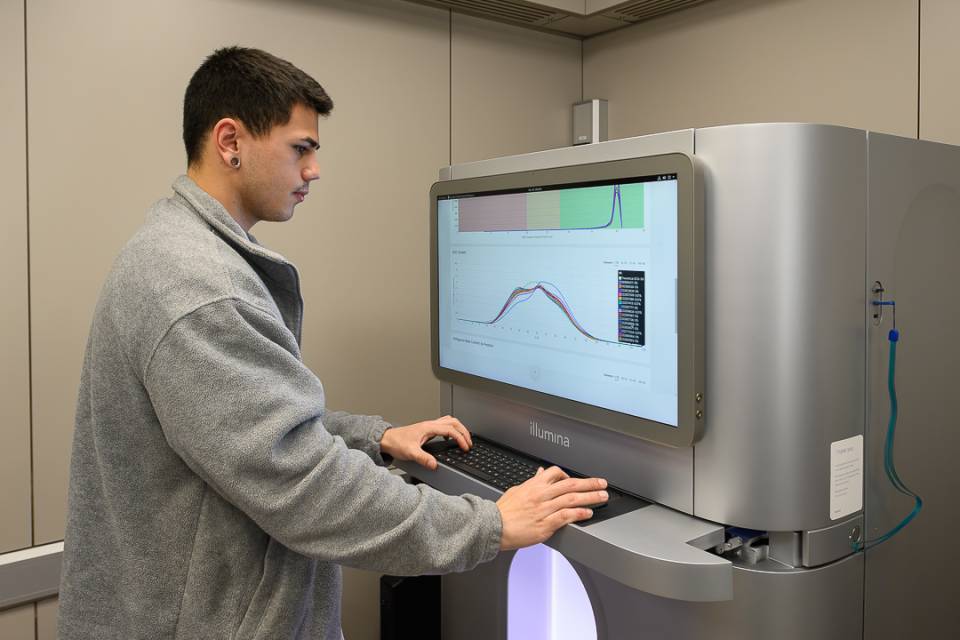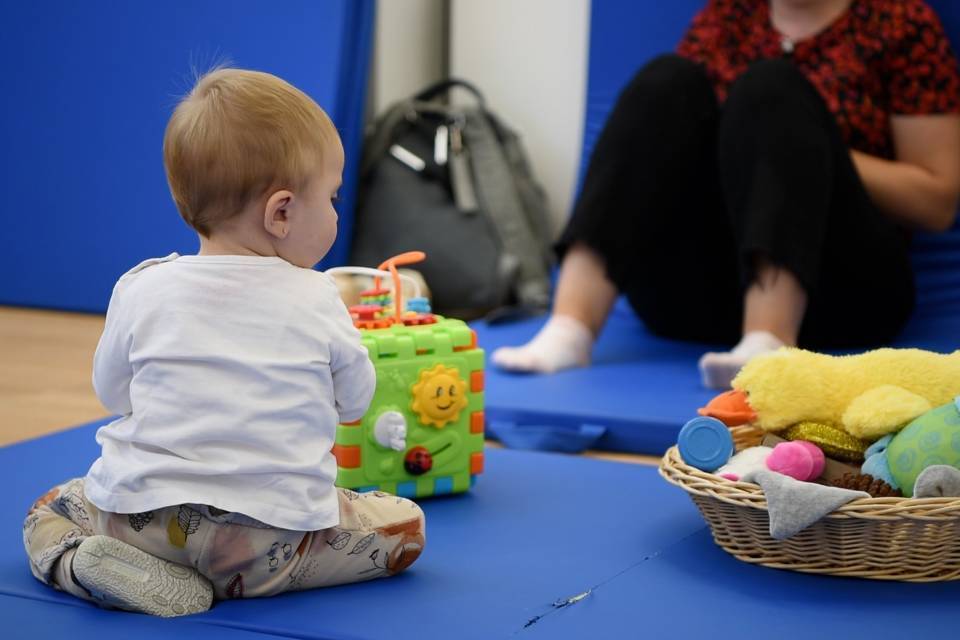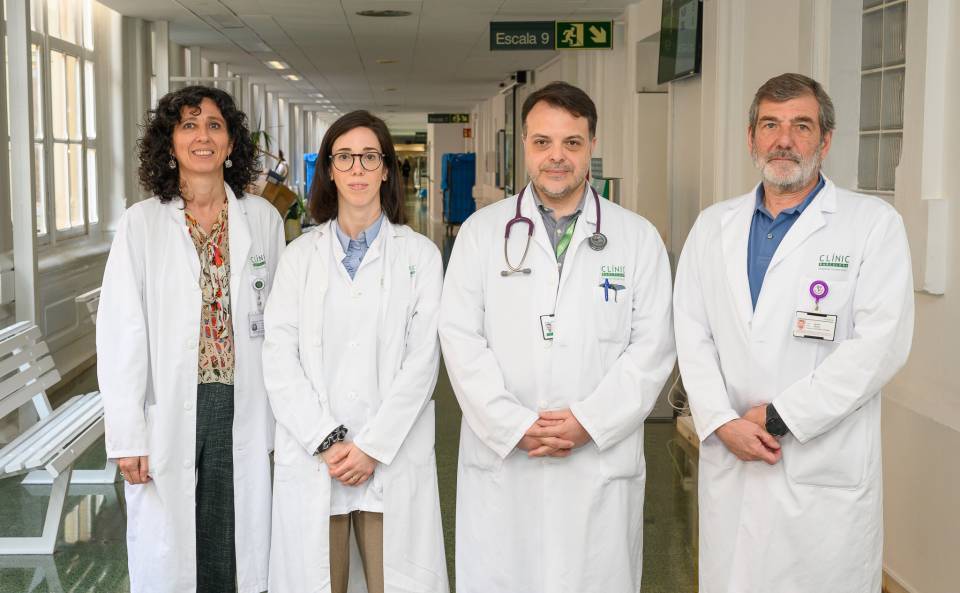The Nephrology and Kidney Transplant Service forms part of the Clínic Institute of Nephrology and Urology led by Dr Rosa Ramos. Dr Josep Maria Campistol, director general of the Clínic participated in the inauguration of the symposium.
Since the launch of the Clínic Dialysis and Applied Research Centre (DIRAC) over 14 years ago, along with the Fundació Catalunya La Pedrera, Fresenius Medical Care and Amgen, the Clínic has been organizing annual dialysis refresher courses at which the main results of new studies carried out at the Hospital Clínic Barcelona are presented. The symposium is a forum for the exchange of scientific knowledge between national and international experts.
This year, the latest developments were presented regarding vascular access for dialysis, considered the “lifeline” for haemodialysis patients, and also regarding how new dialysis fluids and filters improve the quality of the procedure. During the session, the safety of this technique was discussed, as were the latest results for treating pain and, at the same time, improving the purification of protein-bound uraemic toxins and how to prevent and treat the risk of fractures, among other aspects related to dialysis.
For the third consecutive year, the Nephrology and Kidney Transplant Service at the Hospital Clínic Barcelona has consolidated its position in first place in the Health Reputation Monitor (MRS) national ranking. The dialysis section, led by Dr Francesc Maduell, carries out over 23,000 haemodialysis sessions per year, of which online haemodiafiltration accounts for more than 95%. This technique has a significant impact on improving the quality of life of patients and reducing both cardiovascular and all-cause morbidity and mortality.
Pioneer in night dialysis
Moreover, the Service is a pioneer in a nocturnal dialysis programme, which has already treated over 100 patients. The nocturnal dialysis programme was created to address patients’ needs, since many of them have an active working life and this schedule allows them to combine their working life with their treatment. Moreover, this treatment lasts longer and is more intense, which is why better results have been obtained. The Clínic is the only hospital in Spain to carry out this type of dialysis, which is more efficient and performed every other day.
At the same time, the Hospital Clínic Barcelona, through the Nephrology and Kidney Transplant Service, is committed to adopting renal replacement techniques (home haemodialysis and peritoneal dialysis), which allow for a better work-life balance, independence and quality of life, fewer hospital visits and less exposure to infections, and greater ease of travel. In 2024, there were 90 prevalent patients between both techniques (13% more than in 2023).
This healthcare activity is always accompanied by basic and clinical research, which aims to achieve continuous improvement in renal replacement techniques and have an impact on the quality of life and survival of patients. As a result of this research, in 2024 more than 30 articles were published in various high-impact national and international journals.
The dialysis procedure
Dialysis is the artificial process by which waste products and excess water are removed from the body. This process is necessary when the kidneys do not work properly. There are two different dialysis techniques that can replace the function of the kidneys: haemodialysis and peritoneal dialysis. The type used depends on the characteristics and preferences of each individual patient. Haemodialysis is a renal replacement therapy that consists of filtering the blood periodically. During this process, the blood is removed from the body and circulated through a dialyzer or filter where the accumulated toxins and excess fluids are eliminated. The clean blood is then returned to the body. Peritoneal dialysis, meanwhile, is a form of renal replacement therapy that consists of eliminating toxins and excess fluids from the body through the natural membrane that covers the organs of the abdominal cavity, the peritoneum.




